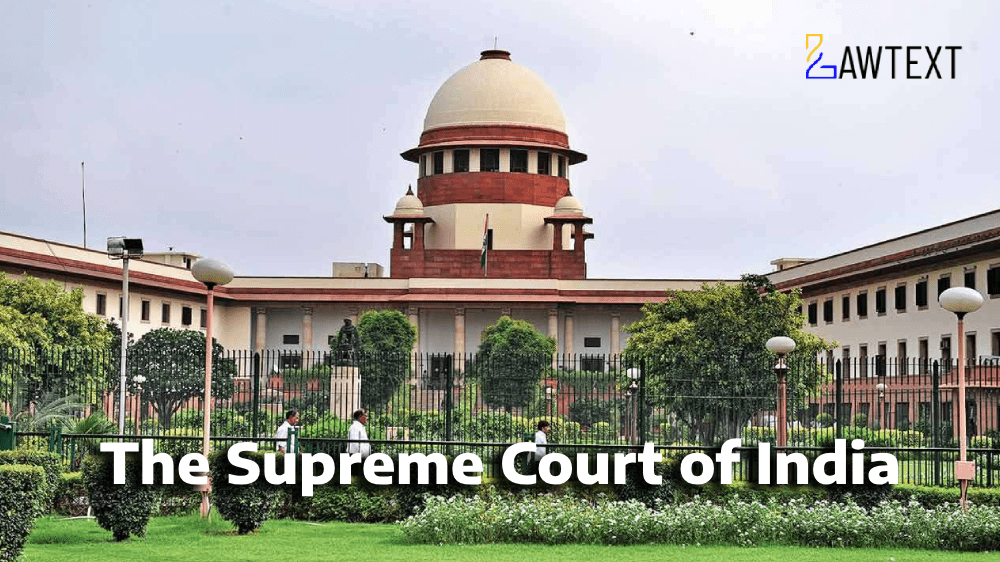Case Note & Summary
The Petitioner, a private limited company, filed a writ petition under Article 226 of the Constitution of India against the Aurangabad Smart City Development Corporation Limited (ASCDCL) for terminating their contract for an E-ticketing system in Aurangabad city buses. The Petitioner claims the termination was arbitrary and without lawful basis, arguing that the new tender issued in February 2024 overlapped with their existing contract and was issued without proper procedures. The Petitioner sought relief, citing various Supreme Court judgments that allow for judicial review of such actions under writ jurisdiction. The Court, however, dismissed the petition, stating that the dispute was arbitrable under the existing contract and that the Petitioner failed to establish grounds for writ jurisdiction.
1. Background of the Case The Petitioner was awarded a contract for an E-ticketing system on 18.02.2020, following a tender process in 2019. The contract was implemented successfully, and a "Go Live Certificate" was issued on 01.11.2021. On 13.06.2024, the ASCDCL terminated the contract, citing issues with the software and ETIM (Electronic Ticket Issuing Machines) provided by the Petitioner. 2. Petitioner's Arguments The new tender issued in February 2024 for ETIM overlapped with the Petitioner's scope of work, which was not a substitute for their contract. The termination was based on unfounded penalties and issues with "Zero Value Tickets," which were allegedly in line with the tender specifications. The ASCDCL did not follow the termination procedures outlined in the contract, specifically the issuance of preliminary notices as required. 3. Legal Precedents Cited The Petitioner cited several Supreme Court judgments allowing writ jurisdiction in cases of arbitrary actions by state entities, even in contractual matters. The principles include the possibility of seeking relief under writ jurisdiction for arbitrary or unauthorized actions by the State or its instrumentalities. 4. Court's Analysis and Findings The Court found that the issues raised involved disputed questions of fact, which are better suited for arbitration, as provided for in the contract's dispute resolution clause. The Court referred to the doctrine of separability, affirming that an arbitration clause survives the termination of the main contract. 5. Conclusion The Court dismissed the writ petition, ruling that the dispute was arbitrable and did not warrant the exercise of writ jurisdiction.
Issue of Consideration: EBIX Cash Pvt. Ltd Versus State of Maharashtra Ors.
Premium Content
The Issue of Consideration is only available to subscribed members.
Subscribe Now to access critical case issues





